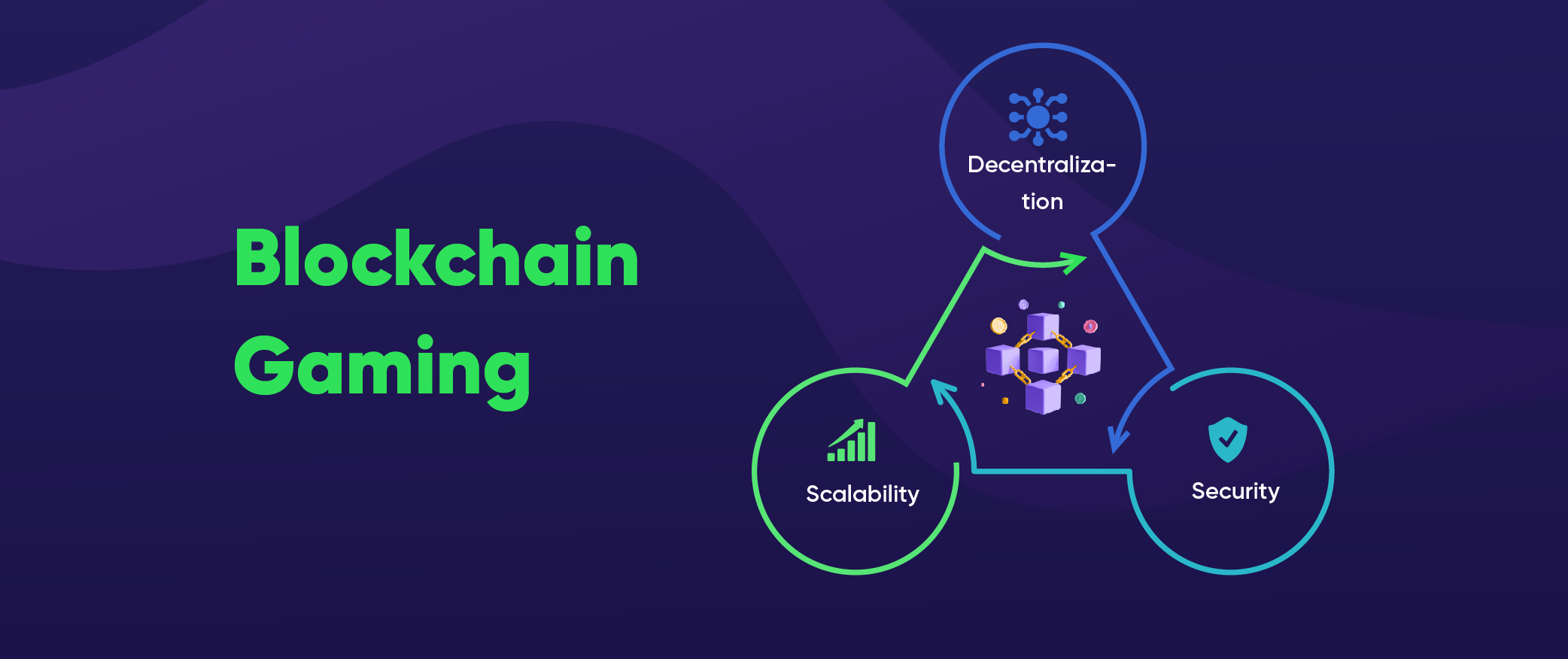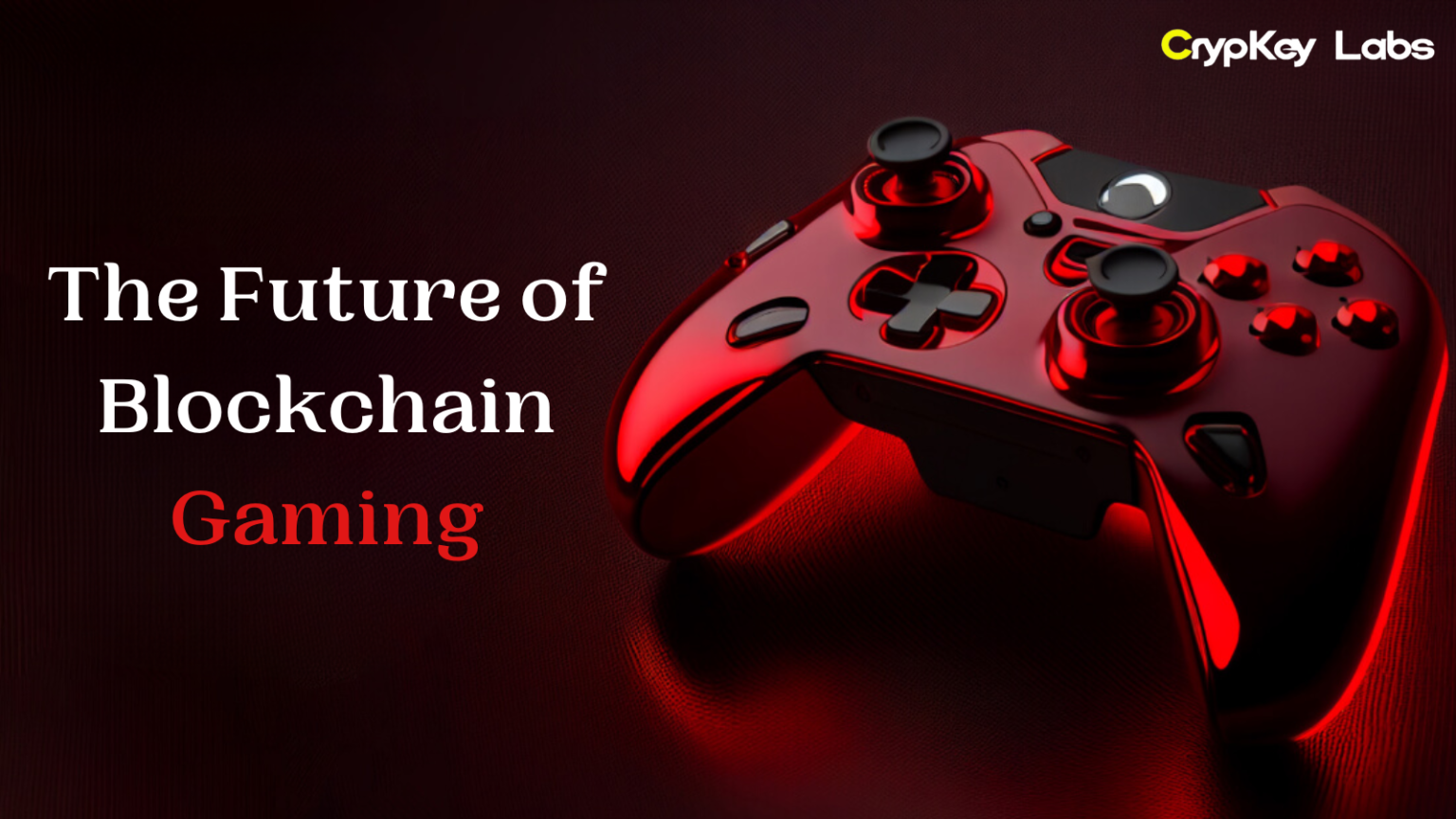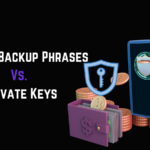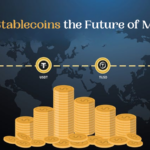Blockchain gaming is more than just a buzzword—it’s a transformative force reshaping the gaming industry. With promises of true asset ownership, player-driven economies, and decentralized governance, blockchain technology is taking gaming into uncharted territories. But what exactly is blockchain gaming, and where is it headed? Let’s explore the innovations, benefits, challenges, and future trends of this rapidly evolving space.
What is Blockchain Gaming?
At its core, blockchain gaming integrates blockchain technology into video games, enabling a decentralized and player-centric experience. Unlike traditional gaming, where assets like skins or characters are controlled by game developers, blockchain gaming offers true ownership of these digital items via non-fungible tokens (NFTs).
For example, in blockchain-based games like Axie Infinity or Gods Unchained, players can trade, sell, or even transfer their in-game assets across platforms. This revolution is moving gaming from being just an entertainment activity to a viable economic opportunity for players.
Key Innovations Driving Blockchain Gaming
1. Play-to-Earn (P2E) Opportunities
The Play-to-Earn (P2E) model has transformed gaming into a source of income for millions worldwide. By completing tasks, battling opponents, or exploring virtual worlds, players can earn cryptocurrencies or NFTs with real-world value.
For instance, Axie Infinity made headlines by providing a lifeline to communities in developing countries during the pandemic. Players earned digital creatures (Axies) that could be sold or used to generate cryptocurrency rewards.
2. Digital Asset Ownership
In traditional gaming, even if you spend hundreds of dollars on in-game assets, they remain tied to the game. Blockchain changes this by allowing players to truly own their assets.
These assets, stored as NFTs, can be traded on secondary markets, giving players full control over their funding. Imagine owning a sword in one game and selling it in a marketplace to fund your adventures in another.
3. Interoperability Between Games
One of the most exciting promises of blockchain gaming is interoperability. Players can use their assets across different games or platforms.
For example, a character or skin acquired in one blockchain game could seamlessly integrate into another game, creating a connected and unified gaming ecosystem.
4. Decentralized Governance in Gaming
Blockchain gaming also introduces decentralized governance, empowering players to influence the game’s direction. Through Decentralized Autonomous Organizations (DAOs), players can vote on updates, game mechanics, or community decisions, making gaming more inclusive and democratic.
Benefits of Blockchain Gaming
1. Transparency and Fairness
With blockchain, all transactions and outcomes are recorded on a public ledger, ensuring fair gameplay. Players no longer have to worry about rigged systems or unfair practices.
2. Empowering Players and Creators
Blockchain gaming empowers both players and creators by eliminating intermediaries. Players can earn directly from their efforts, while developers can monetize their creations in new ways, such as through token sales or NFT drops.
3. Resilient Marketplaces
Traditional in-game marketplaces often face issues like fraud or server crashes. Blockchain-based marketplaces, however, are secure and decentralized, offering a seamless trading experience.
Challenges Facing Blockchain Gaming
Despite its potential, blockchain gaming is not without hurdles.
1. High Entry Costs
Many blockchain games require initial funding, such as purchasing NFTs, which can deter newcomers. For example, getting started with Axie Infinity once required hundreds of dollars, making it inaccessible to many.
2. Scalability Issues
Blockchain networks often struggle with scalability. High transaction fees and slow processing times can hinder gameplay experiences, especially during peak usage.
3. Regulatory Uncertainty
Governments worldwide are still figuring out how to regulate blockchain and cryptocurrencies. This regulatory uncertainty can impact the adoption and growth of blockchain gaming.
Emerging Trends in Blockchain Gaming
1. Game-Fi: Gaming Meets DeFi
Game-Fi merges gaming with Decentralized Finance (DeFi), allowing players to stake, farm, and earn rewards while playing. Games like DeFi Kingdoms exemplify this trend by integrating financial mechanics directly into gameplay.
2. AI in Blockchain Gaming
The combination of artificial intelligence (AI) and blockchain is opening up new possibilities. AI-driven characters and narratives provide personalized experiences, making games more immersive and engaging.
3. Metaverse Integration
Blockchain gaming is becoming a gateway to the metaverse, a virtual universe where players can own land, businesses, and experiences. Projects like The Sandbox and Decentraland are already offering metaverse integration, allowing players to build and monetize virtual assets.
4. Green Blockchain Gaming
Eco-conscious gamers are pushing for green blockchain solutions. Many blockchain projects are shifting to proof-of-stake (PoS) or other energy-efficient mechanisms to address environmental concerns.
The Future of Blockchain Gaming
The future of blockchain gaming looks incredibly promising, with several trends likely to shape the industry:
- Mainstream Adoption
Major gaming studios are expected to embrace blockchain technology. Partnerships with giants like Ubisoft and Epic Games are already hinting at a blockchain-powered gaming future. - Immersive Experiences
Virtual Reality (VR) and Augmented Reality (AR) will merge with blockchain to create highly immersive experiences. Imagine owning a virtual sword you can wield in both the digital and physical worlds. - Cross-Industry Collaborations
Expect more collaborations between gaming, fashion, and other industries, leading to innovative collectibles and experiences. For instance, brands like Adidas and Gucci have already ventured into blockchain-based virtual assets.
How to Get Started with Blockchain Gaming
1. Choose a Wallet
A crypto wallet is your gateway to blockchain gaming. Popular options include MetaMask and Trust Wallet, which help store your game-related assets securely.
2. Pick a Platform
Start with beginner-friendly blockchain gaming platforms like Splinterlands or Gods Unchained.
3. Understand the Costs
Some games are free-to-play, while others require upfront funding. Research thoroughly before diving in.
4. Stay Informed
Join gaming communities on platforms like Discord or Reddit to stay updated on the latest trends and opportunities.
Conclusion
The future of blockchain gaming is bright, full of opportunities for players and developers alike. With innovations like true asset ownership, decentralized governance, and play-to-earn mechanics, gaming is evolving from mere entertainment to an economic powerhouse.
As the industry tackles its challenges and continues to grow, blockchain gaming is set to redefine how we play, earn, and interact in virtual worlds. Whether you’re a gamer or just curious, there’s no better time to explore this exciting new frontier.







